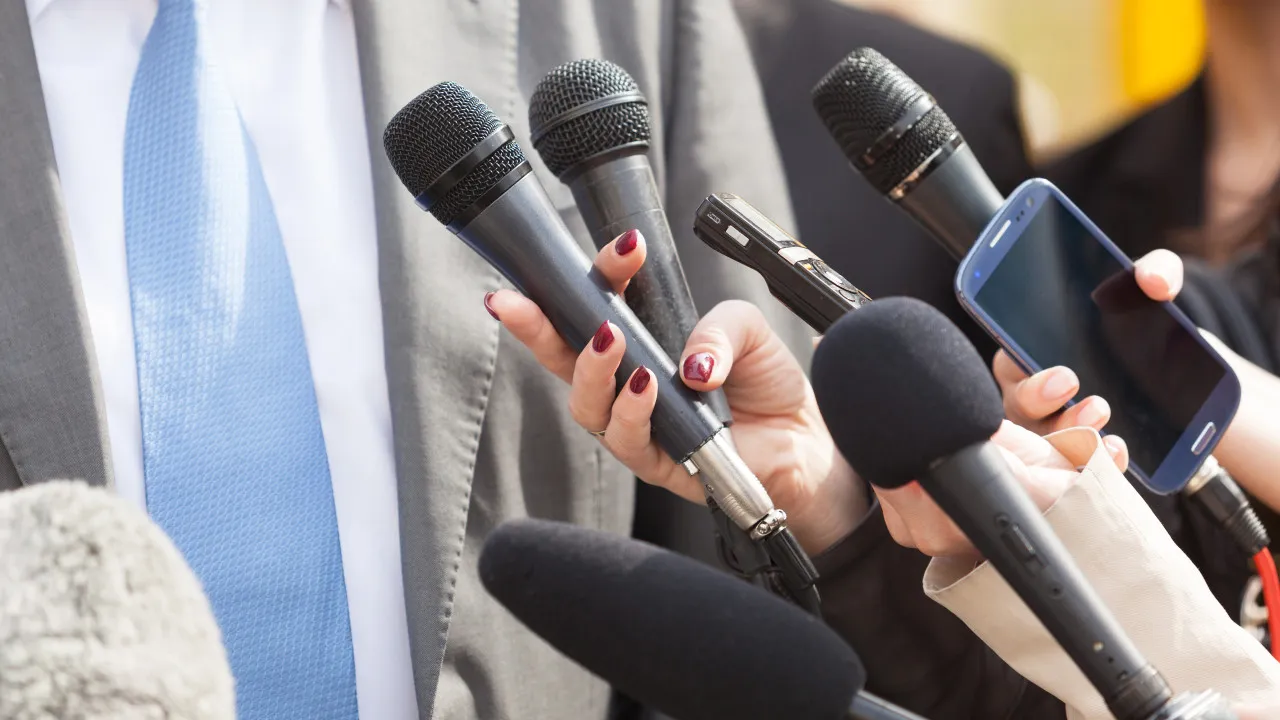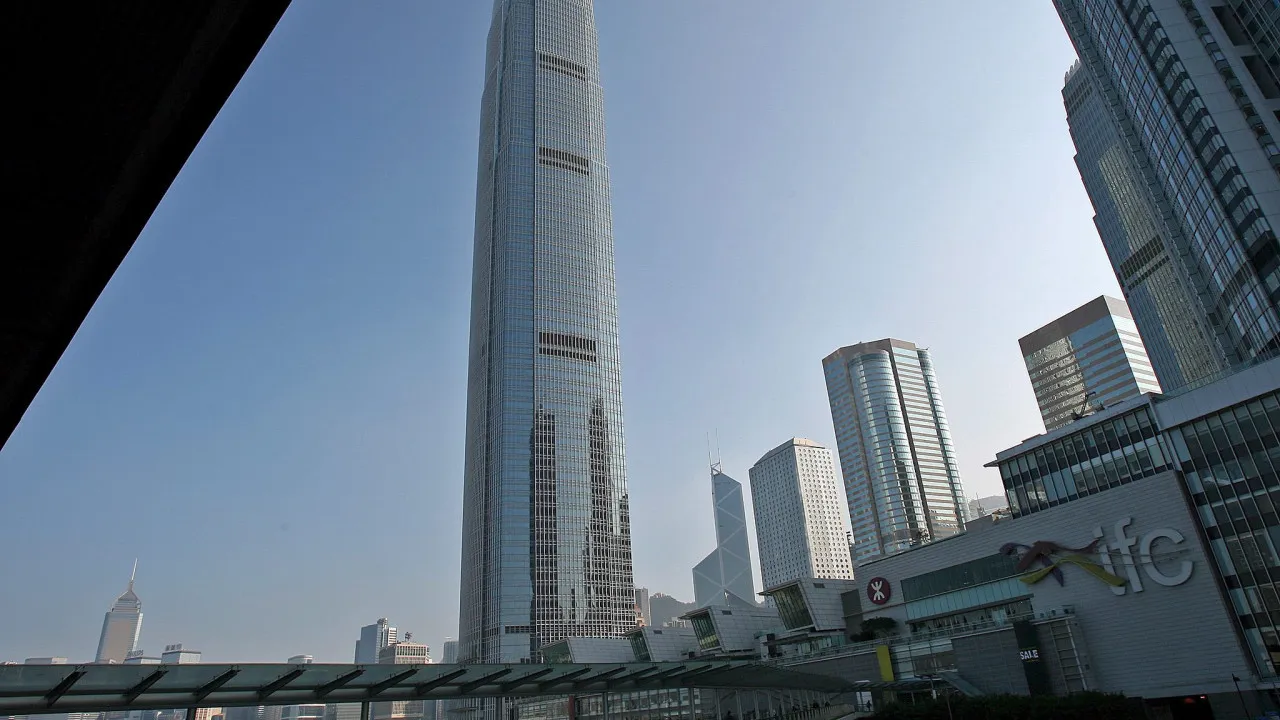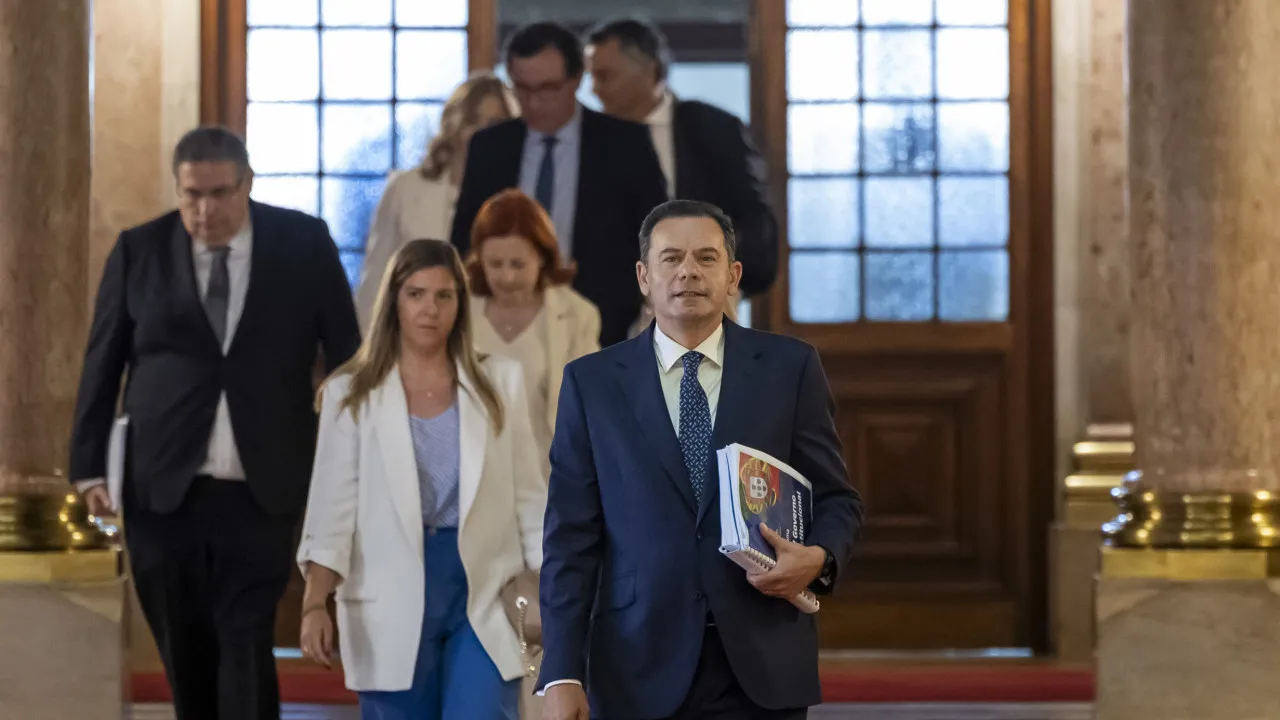
The head of the Media Regulation Authority (ERC) spoke today at the 34th congress of APDC at Culturgest in Lisbon, themed ‘Business & Science Working Together’.
“But what should the role of the media regulator, of the ERC in our case, be in this current climate of uncertainty and in such a demanding scenario for media organizations and their professionals?” questioned Telmo Gonçalves, invoking Roman mythology to recall Janus, “the god with two faces,” one looking to the past and the other to the future, “the god of bridges, entrances and exits, beginnings and endings, the god of transitions.”
The media regulator “should, to some extent, be a Janus, looking simultaneously at the past and the present, both conservative and progressive concerning the movement of the media system,” said the ERC member.
“It can and should be a reference platform for safeguarding the core, technical-legal values that define the role of the media in democratic societies while simultaneously being open to integrating new dynamics that can help businesses and citizens get more effective responses from communication services,” he added.
He also noted that the ERC is responsible for implementing various legal decrees, which has been “an extraordinarily demanding challenge to keep up with this rapid legislative production and prepare its implementation.”
Despite the uncertain paths, “we must acknowledge the roles of media organizations” as essential, he stated.
Telmo Gonçalves also listed three erosion dynamics that appear “more enduring, profound, and lasting” for the sector, necessitating quick adaptation by companies.
The first, and perhaps “the most significant,” is the erosion of media as the primary sources of information and entertainment.
“The internet and the development of digital technologies have produced an explosion of communication phenomena in society that has shaken the central role that media organizations had been assuming” since the second half of the 19th century.
From social networks and the emergence of video sharing platforms to the growing offer of streaming services and the rise of new individual actors in the public space, such as influencers or YouTubers, the sector has been “challenged and forced to transform,” he noted.
He recalled that almost all reports on media consumption indicate the progressive loss of relevance of traditional media among audiences, a movement that is not the same in all countries nor in all media organizations.
The second dynamic is the erosion of the traditional business model based on advertising as the predominant source of funding.
The last is the erosion observed at the level of professional values, particularly journalism, and the deterioration of its working conditions.
“The explosion of communication channels, along with the consequent pressure to win audiences and monetize content, has not only brought a new series of actors into the media field but also pressured the more traditional professions, especially journalism,” he pointed out.
Associated with these two dynamics are two unavoidable issues: misinformation and artificial intelligence, both having cross-cutting impacts, added Telmo Gonçalves.




